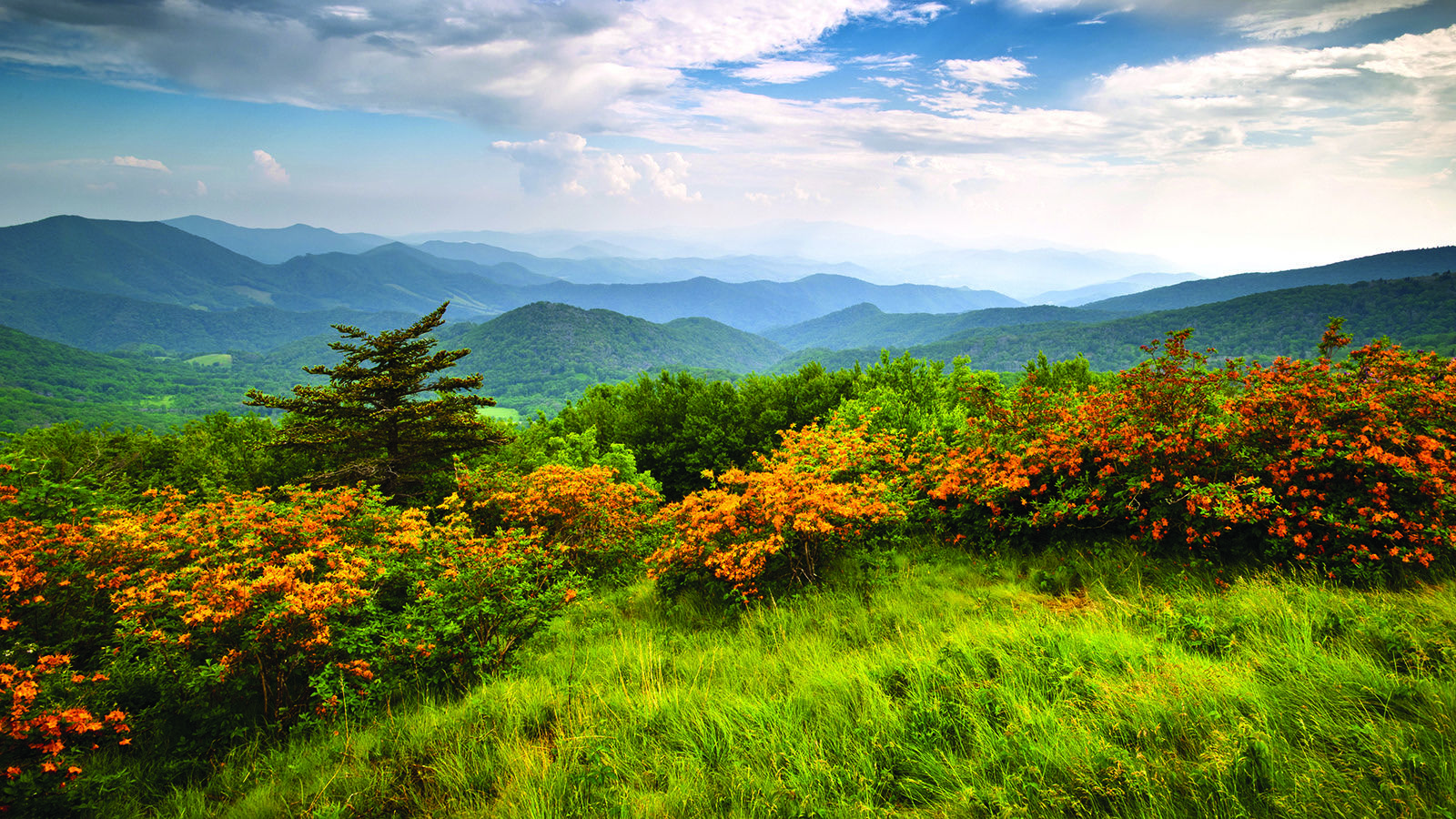The most important environmental law you’ve never heard of has been saved from the chopping block.
In September, the Senate removed from a must-pass government funding resolution a bill that would have fast-tracked the permitting and construction process for energy projects at the expense of environmental review.
Proposed by U.S. Sen. Joe Manchin (West Virginia), the bill would have made it easier to pursue extraction projects — including pipelines, mining and oil drilling — while avoiding studies of the projects’ environmental impact required under the National Environmental Policy Act (NEPA). With the bill put to rest for now, review processes under NEPA to weigh the environmental impacts of development will be able to continue unhindered.
The bill’s removal is good news for our country, its wild places and its wildlife, but we expect energy companies to keep trying to weaken NEPA. Here’s why that matters.
What is NEPA?
For more than 50 years, NEPA has provided a bulwark of protection for some of our country’s most important wild places and wildlife.
The law is simple: It makes us look before we leap. NEPA requires federal agencies to assess the environmental impacts before allowing potentially harmful projects such as mining, oil drilling and pipeline construction. These environmental evaluations have provided a foundation to protect some of our country’s most precious, environmentally sensitive places.
In recent years, one of the clearest examples of the law’s value in protecting our wild places has been Minnesota’s Boundary Waters Canoe Area Wilderness.
NEPA in action: Protecting the Boundary Waters
The Boundary Waters comprises a vast maze of interconnected waterways that cuts through a carpet of boreal forest.
The wilderness is home to some of North America’s most iconic wildlife, from moose to wolves. In the water, beavers paddle with wood in tow, while otters search for food through its waters. On land, black bears scavenge for nuts and berries, deer graze quietly between the trees, and bobcats and lynx stalk small animals.
It’s a place that Americans have long cherished — but decades ago, proposed logging put the ecosystem at risk. The Forest Service planned to allow private logging in this area in the early 1970s. Minnesota PIRG fought back. In a federal lawsuit, PIRG charged that the Forest Service had approved logging without filing the required Environmental Impact Statement (EIS). Once Americans and elected officials understood the harm logging could do, they opted to change course: The suit and subsequent organizing led to new protections for the Boundary Waters.
Today, mining is the biggest threat to the Boundary Waters. Environmental review has assessed the whether allowing mining would hurt this pristine place, and sure enough, a recent federal review found copper-nickel mining would harm the beloved region.
NEPA alone doesn’t stop projects like mining in the Boundary Waters, but armed with information, advocates can make their case and the country can make better decisions.
What’s next for NEPA?
It’s good news that the Senate abandoned this current effort to weaken NEPA, but we expect more attempts this Congress to speed up potentially harmful energy projects. With powerful senators and the president calling for changes to NEPA, we’ll need all the support we can get to ensure this law will continue to provide a foundation of protection to our country’s wildlife and wild places.

